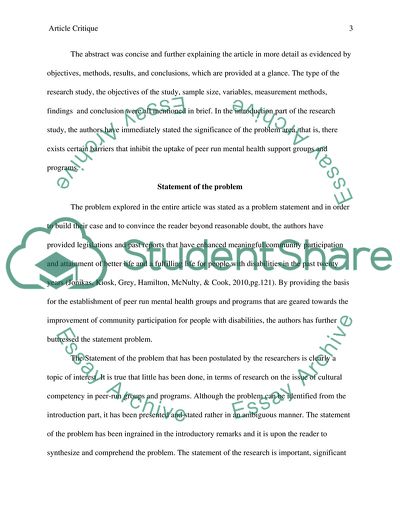Cite this document
(Critique of Cultural Competency in Peer-Run Programs Article by Coursework, n.d.)
Critique of Cultural Competency in Peer-Run Programs Article by Coursework. https://studentshare.org/social-science/1774723-social-research-method
Critique of Cultural Competency in Peer-Run Programs Article by Coursework. https://studentshare.org/social-science/1774723-social-research-method
(Critique of Cultural Competency in Peer-Run Programs Article by Coursework)
Critique of Cultural Competency in Peer-Run Programs Article by Coursework. https://studentshare.org/social-science/1774723-social-research-method.
Critique of Cultural Competency in Peer-Run Programs Article by Coursework. https://studentshare.org/social-science/1774723-social-research-method.
“Critique of Cultural Competency in Peer-Run Programs Article by Coursework”. https://studentshare.org/social-science/1774723-social-research-method.


